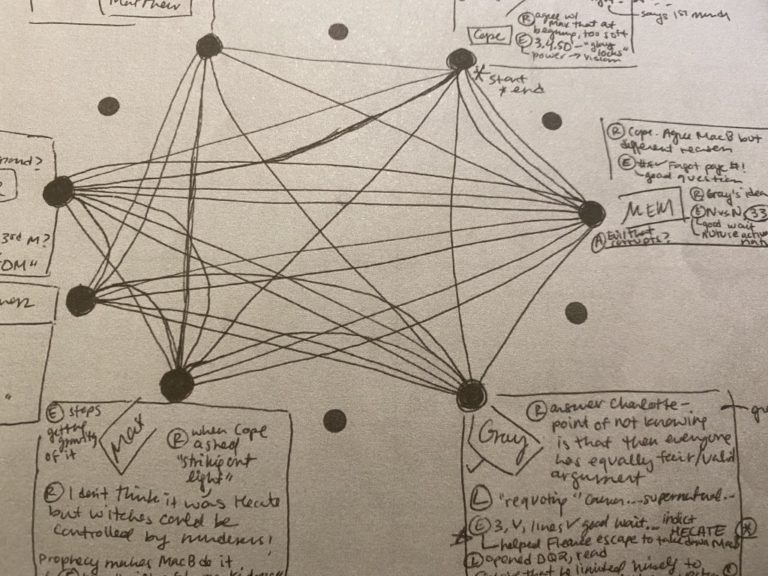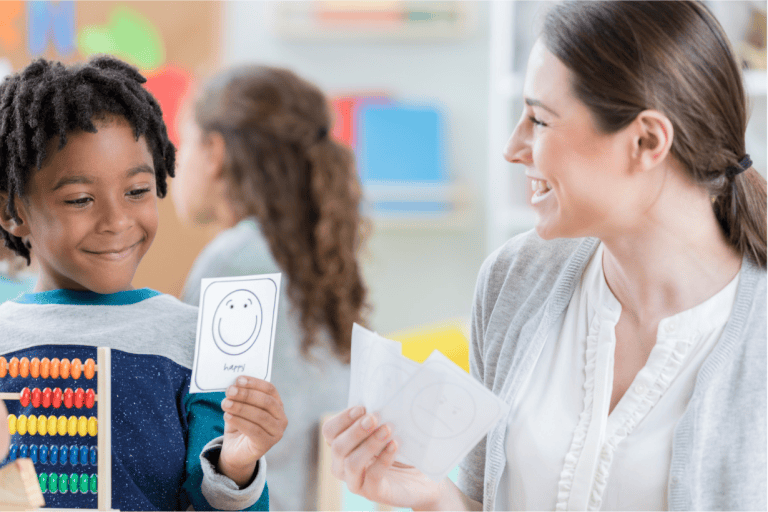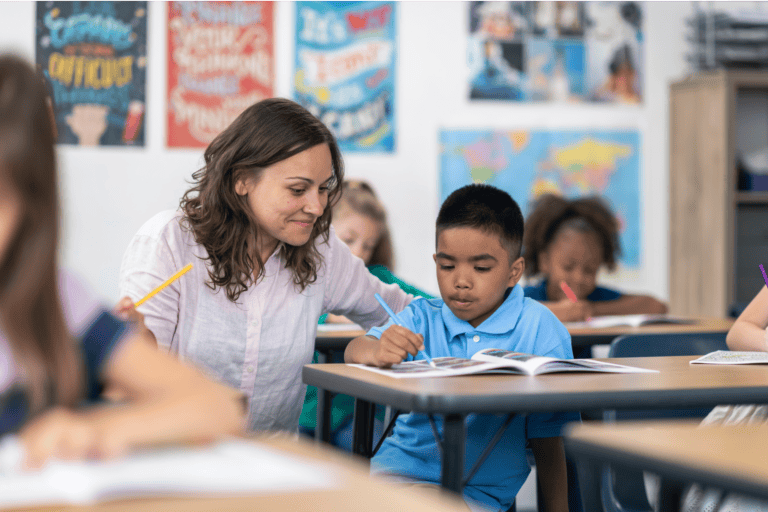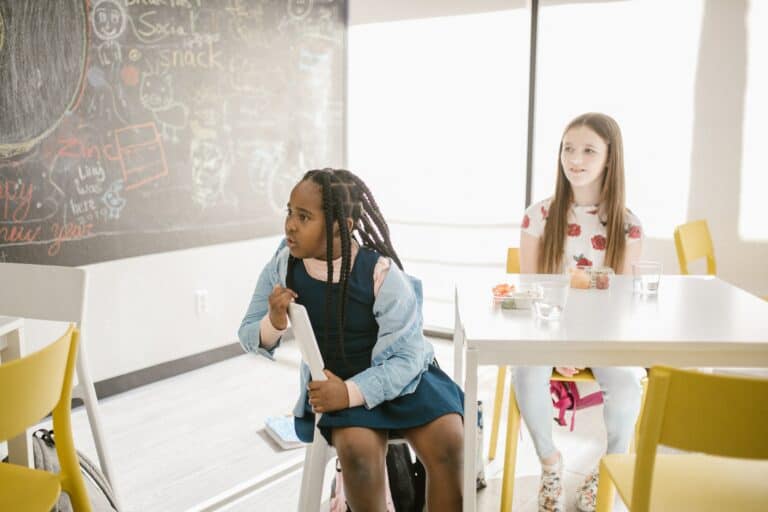Back to School with R.E.A.L.
Back-to-school season just might be our favorite time of year here at R.E.A.L.® Discussion. Why?
We have spent the summer connecting a diverse group of educators across geographies, backgrounds, teaching styles, and career stages. Despite their differences, all share a commitment to teaching discussion skills to students growing up in a screenbound, polarized world.
R.E.A.L.® faculty recognize that they are pedagogical pioneers, and they take seriously their role in our collective mission to define what it means to explicitly teach and equitably assess face-to-face communication skills. We are so grateful for the trademark combination of intellectual energy, generosity of spirit, authentic curiosity, and LAUGHTER they bring to their deep-dive summer training and year-round coaching engagements!
Of course, by late August, we are not just celebrating the summer – we are also looking ahead to the fall, when schools will roll out R.E.A.L.® programs in a million different ways. We spend our spring helping academic leaders to articulate their visions for R.E.A.L.®’s alignment with their school’s unique culture and strategic priorities, and we assist as they identify which mission-aligned data will matter most to them. An exciting season is about to unfold, as teachers adapt and launch the program accordingly in their classrooms.
What does that actually look like? Here are a few examples of strategic R.E.A.L.® programs academic leaders have designed for the year ahead.
>> A New England boarding school certified its tenth grade teaching team as Level II R.E.A.L.® practitioners to equip them with shared frameworks for evidence-based assessment in this AI age. This training will position the team to continue to use R.E.A.L.® across 10th grade English to make discussion rigorous and inclusive, especially for students with learning differences and those from international backgrounds.
>> A mid-Atlantic Friends school will continue to use R.E.A.L.® as a cross-divisional discussion framework. This drives alignment across 8th and 9th grade faculty as they commit to supporting students to grow as, according to their Portrait of a Learner, “constructive communicators” through their transition from middle to upper school.
>> A west coast day school with extraordinary veteran educators and a longstanding commitment to seminar-style classrooms will use R.E.A.L.® as a skill-building intervention in ninth grade to close the engagement gaps faculty have observed since the COVID pandemic. The data derived from R.E.A.L.® Dashboards are of particular interest to this team!
>> A southern girls’ day school with expressed commitments to civil discourse and learner-centered pedagogy will teach R.E.A.L.® in its middle school English, History, and Religion classes. R.E.A.L.® will help endow girls with the foundational skills they need to enter the Upper School prepared to communicate across differences in and beyond their politically divided hometown.
>> A midwestern co-ed school will continue to use R.E.A.L.® throughout its ninth and tenth grades to create interdisciplinary, skills-based alignment across the English and History departments and double down on oral assessments as a critical strategy for emphasizing the human skills that AI can never replace.
>> A southern boys school will expand its use of R.E.A.L. ® throughout its middle school and into the ninth grade, when boarding students from all over the world arrive. The goal is for R.E.A.L.® to be a common, equitable system for giving all students a voice in and beyond the academic classroom.
>> A midwestern girls’ school on a mission to help all girls discover their unique voices will launch R.E.A.L.® in tenth grade modern history. The school aims for R.E.A.L.® to serve as a tool to deepen discussion about primary sources and provide students with data-driven feedback on the conversation culture they create among themselves.
>> A northeastern boys’ school will use R.E.A.L.® across its middle school in order to build the oral communication skills its graduates will need to thrive in their next schools, many of which are boarding schools that use the Harkness method.
The end of summer is always bittersweet for us, because we truly love these weeks that we spend diving deep into discussion pedagogy with our R.E.A.L.® faculty. The sweetness, though, is in the promise of what’s to come, and the fascinating surprises we know lie ahead.
If you’re a R.E.A.L. ® practitioner, let us know: how do you plan to roll out R.E.A.L. ® in your classroom this year?






